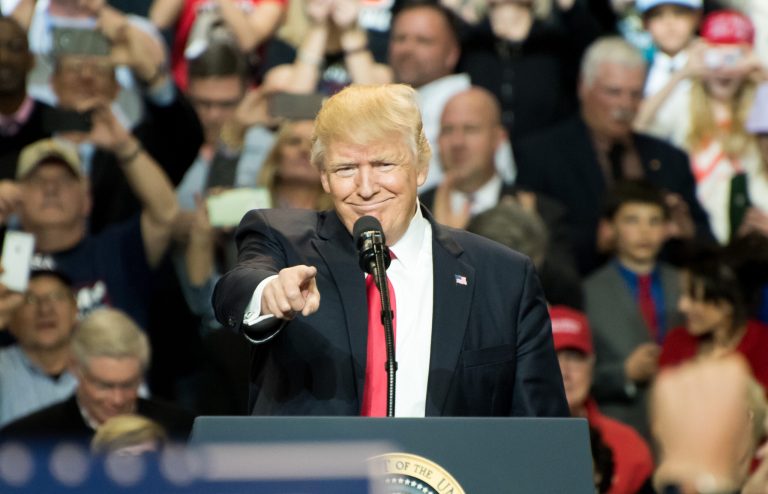President-elect Donald Trump’s pledge to impose sweeping tariffs on imports from Canada, Mexico, and China has reignited global trade tensions.
His proposed measures, which include a 25% tariff on Canadian and Mexican goods and an additional 10% tariff on Chinese imports, signal a drastic shift in US trade policy that could reshape global supply chains, stoke inflation, and potentially violate existing trade agreements.
Trump’s tariff proposals
Trump’s proposed 25% tariff on imports from Canada and Mexico hinges on addressing two issues: stemming the flow of fentanyl and curbing illegal migration.
These measures directly challenge the US-Mexico-Canada Agreement (USMCA), which promotes largely duty-free trade between the three nations.
Signed into law during Trump’s first term, the agreement was touted as a landmark achievement in fostering North American economic cooperation.
On China, Trump accused Beijing of insufficient action to curb illicit drug precursors fueling the US opioid crisis.
He vowed an additional 10% tariff on all Chinese imports, emphasizing his intent to penalize countries perceived as undermining US economic interests.
This follows earlier threats of tariffs exceeding 60% on Chinese goods, a reflection of Trump’s consistent stance on reducing trade dependency on China.
What it means for US trade partners
These tariffs could have significant ramifications for the US’s top trading partners:
Canada and Mexico
The U.S. is the primary export destination for both nations, with 83% of Mexican and 75% of Canadian exports heading south.
Trump’s tariff plan threatens key sectors like automotive and electronics manufacturing, which rely on Mexico as a low-cost production base.
Economists warn these measures could escalate inflation and disrupt supply chains, with retaliation from Canada and Mexico adding to the uncertainty.
China
The Chinese economy is already grappling with a property downturn and weak domestic demand.
Additional tariffs could exacerbate these challenges, further straining US-China trade relations.
Source: Reuters
While Trump has criticized China’s role in the fentanyl crisis, Beijing has pushed back, citing efforts to restrict the export of drug precursors.
Chinese officials argue that the proposed tariffs risk mutual economic harm.
Trade wars or negotiation strategy?
Analysts suggest Trump’s tariff threats may be a high-stakes bargaining tactic to force renegotiation of the USMCA and pressure China into concessions.
The USMCA’s six-year review provision, due in 2026, provides a formal framework for revisiting the agreement.
By preempting this timeline, Trump appears to be leveraging tariffs as a tool for achieving broader economic objectives.
William Reinsch, a former National Foreign Trade Council president, views these proposals as part of Trump’s broader strategy to assert dominance in trade negotiations.
However, critics warn of unintended consequences, including potential retaliation from trading partners and harm to US consumers and businesses.
US dollar strengthens against Canadian dollar and Mexican peso
Trump’s announcement has already sent ripples through financial markets.
The dollar strengthened, gaining 1% against the Canadian dollar and 2% against the Mexican peso, while Asian and European equity futures tumbled.
Economists caution that these tariffs could revive 1930s-era protectionism, raising costs for U.S. consumers and complicating supply chain dynamics.
President-elect Trump’s proposed tariffs underscore his “America First” economic agenda, but they also carry significant risks.
While they may offer leverage in renegotiating trade agreements and addressing domestic issues, they risk sparking trade wars and disrupting the global economy.
As Trump prepares to take office in January 2025, his tariff plans will undoubtedly remain a focal point of economic and political debate.
The post Trump’s proposed tariff plans: a bold move toward trade wars or a negotiation tactic? appeared first on Invezz

